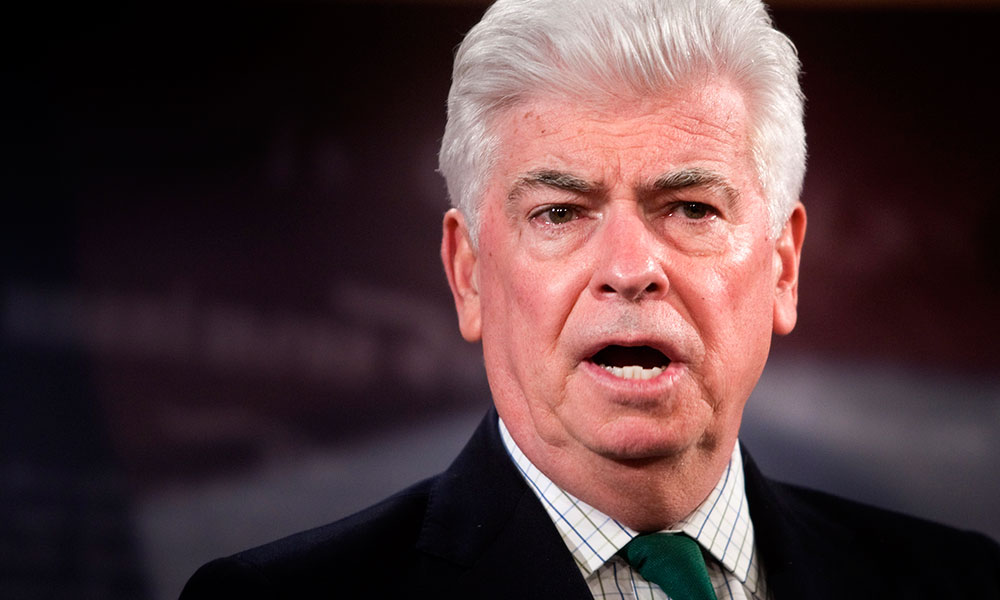
A Major Sony Hack Question: Where’s the MPAA?
Major information leaks rooted in a hacking incident involving Sony Pictures have been all over the press in recent weeks. But the Motion Pictures Association of America has largely remained behind the scenes—even as some of the leaks have raised questions about the trade group.
Major information leaks rooted in a hacking incident involving Sony Pictures have been all over the press in recent weeks. But the Motion Pictures Association of America has largely remained behind the scenes—even as some of the leaks have raised questions about the trade group.
The movie industry isn’t exactly putting up a unified front as one of its largest corporate members is being raked over the coals.
According to a Sunday New York Times report, Sony Pictures, the subject of a weeks-long data breach that appears to only be getting more serious by the day, has grown increasingly frustrated that it’s been forced to go it alone, without any public support from the Motion Picture Association of America (MPAA) or any of its fellow Hollywood studios.
The newspaper couldn’t get a hold of MPAA CEO Christopher Dodd, and it received only a short statement from the association regarding the data breach: “From the highest levels of our organization working with the highest levels of theirs, we are doing anything and everything that Sony believes could be helpful and will continue to do so.”
That comes just days after MPAA spokeswoman Kate Bedingfield told Deadline the association was not helping Sony Pictures: “We have no comment at this time,” she said. “We’re not involved.”
The Times report suggests otherwise—that, according to its sources, Dodd has attempted to work with Sony Chairman Michael Lynton on a public response, only to be rebuffed by competing studios out of concerns that it might look like “a publicity stunt.”
Caught in the Mix
Nonetheless, the MPAA has skin in the game regarding the data released from the hack.
Last week, The Verge reported on MPAA antipiracy efforts uncovered from the released data. The website, which had previously avoided covering many the details of the leaked emails and files due to ethical concerns, uncovered a new initiative called “Project Goliath,” an attempt to relaunch some of the more controversial parts of the Stop Online Piracy Act (SOPA) by working through the private sector and with state attorneys general.
“In the post-SOPA world, we need to consider the extent to which a strategy presents a risk of a public relations backlash, whether a strategy might invigorate and galvanize the anti-copyright forces we saw in the SOPA debates,” MPAA General Counsel Steven Fabrizio wrote in an email, released illegally, that was later acquired by the technology website.
The website emphasized that it felt this was important enough to cover, despite the ethical issues that had stopped it previously.
“It’s not a matter of whether Sony now ‘deserves’ to be cyberterrorized or not, but rather whether the value of what we have learned outweighs how we learned it,” Verge Entertainment Editor Emily Yoshida wrote in an editor’s note. “We decided that it was important for you to know how the MPAA plans to influence how you experience the internet, and by extension, how they intend to shape the future of the information marketplace; we could all agree that it had more impact on our world and our lives than top-secret internal intelligence that Scott Rudin is a meanie.”
On Sunday, David Boies, a lawyer for Sony, sent letters to news organizations demanding they stop publishing articles about the hack, or face potential lawsuits. At least one organization, Gawker, has pledged to ignore the request.
MPAA CEO Christopher Dodd. (Brendan Smialowski/Getty Images)






Comments